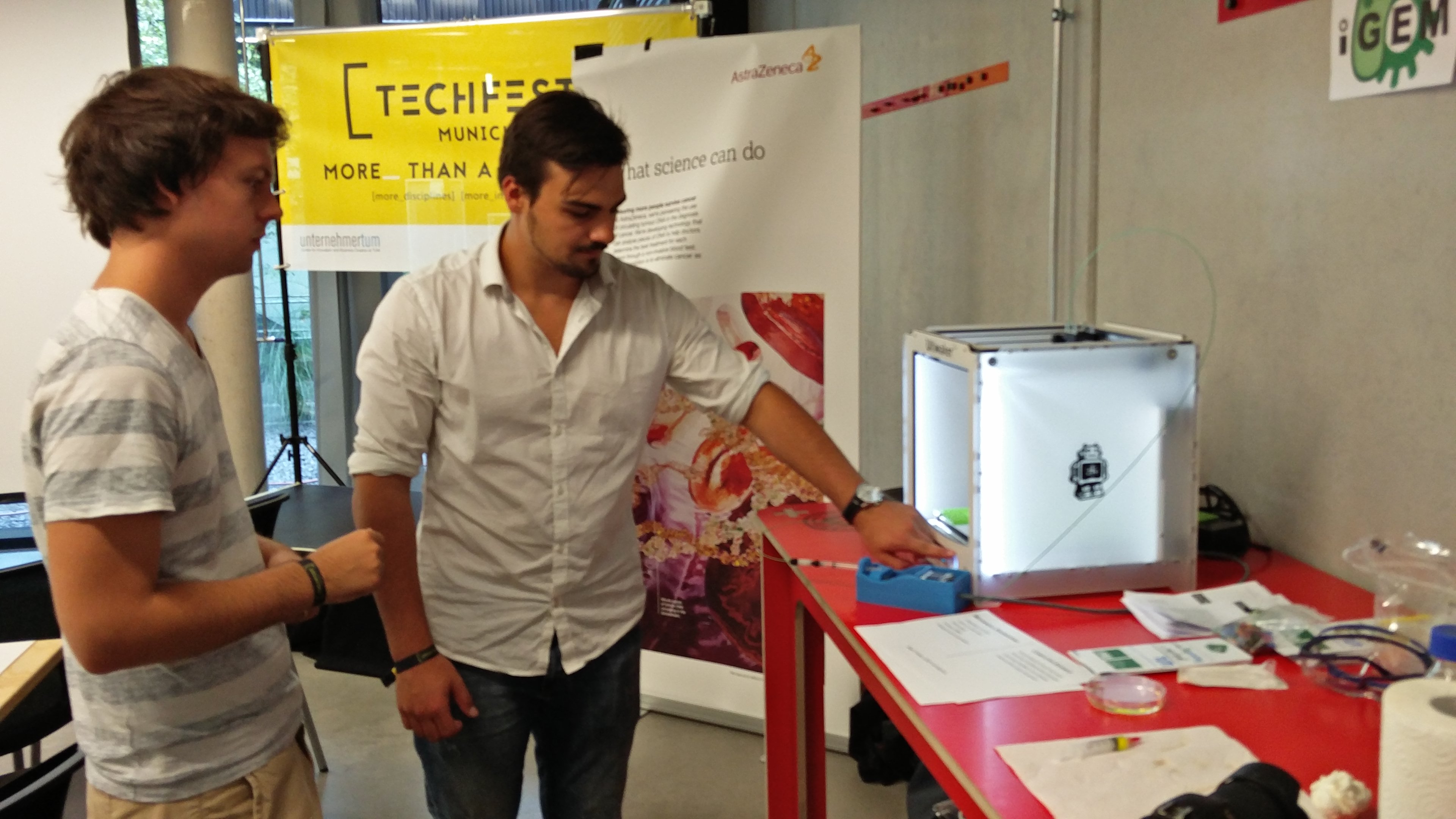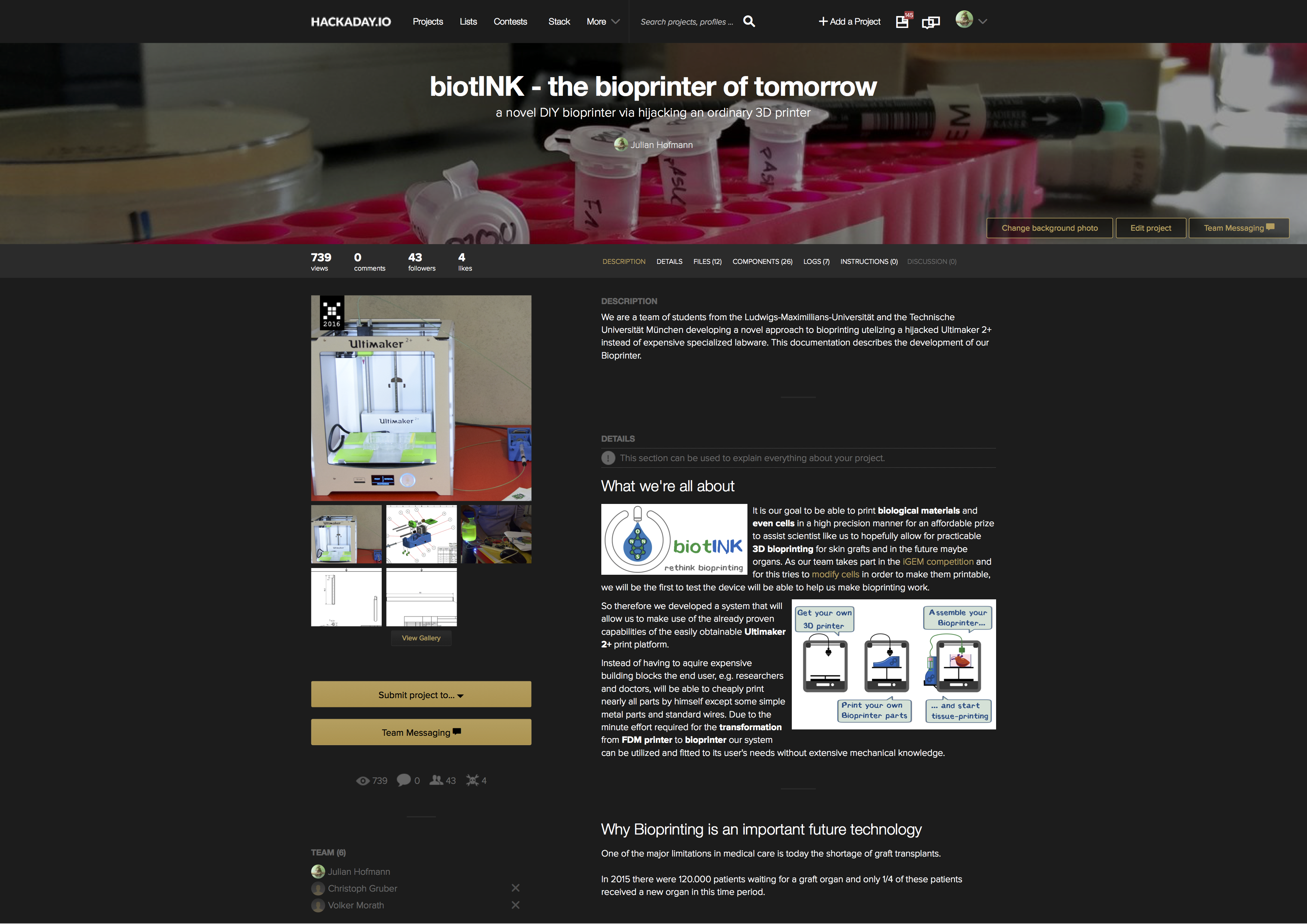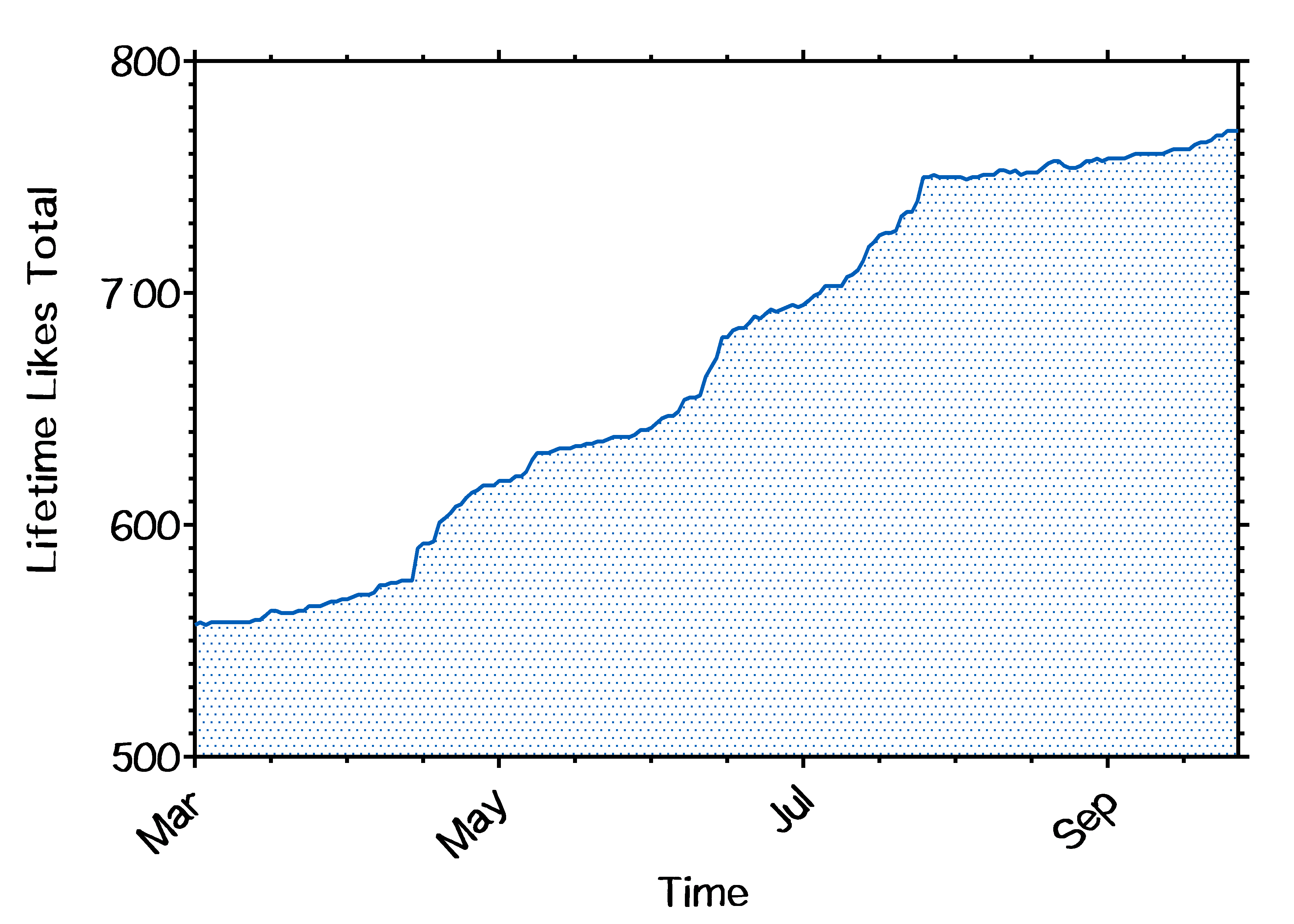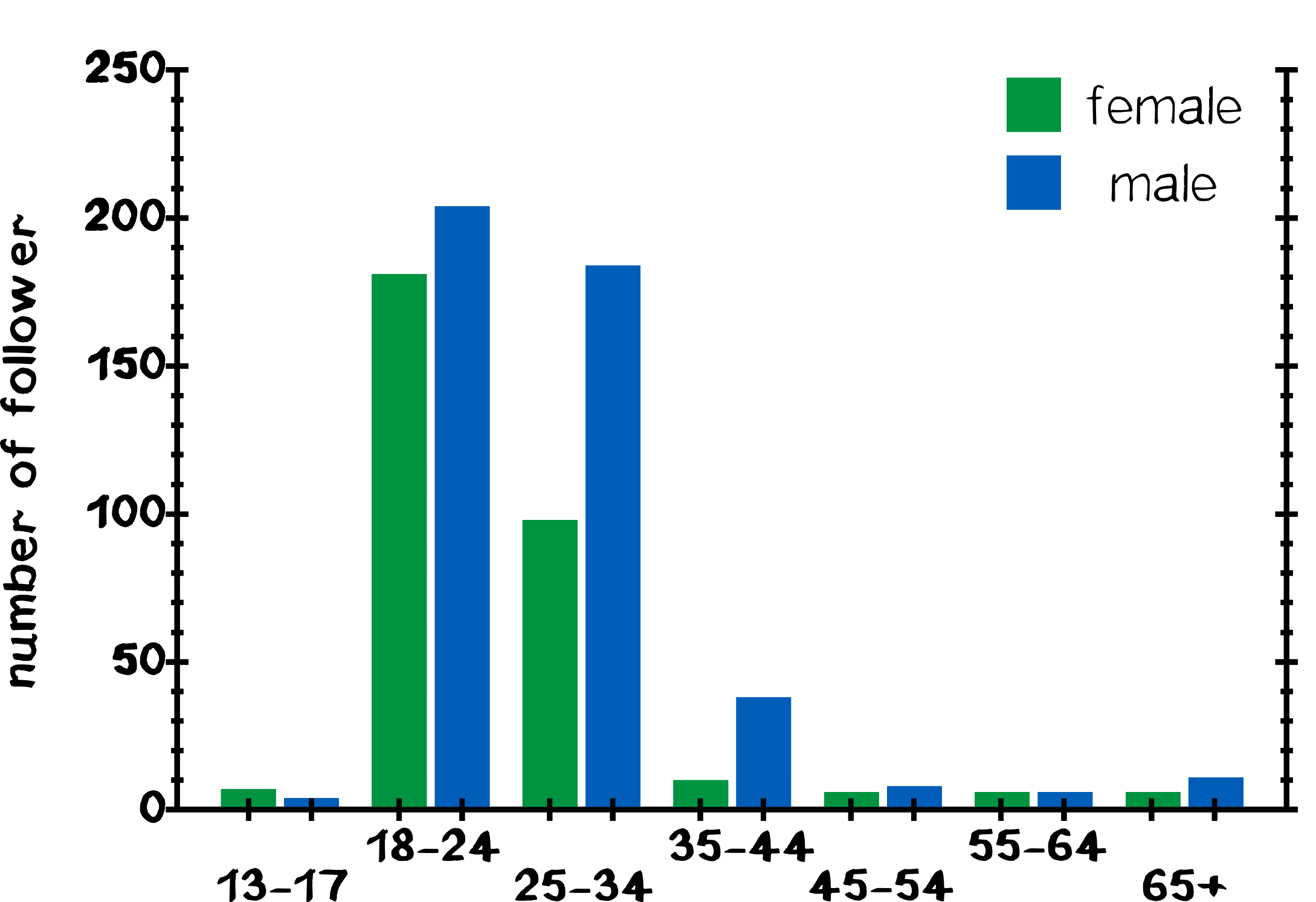(→Social Media) |
(→Social Media) |
||
| Line 30: | Line 30: | ||
</html> | </html> | ||
<hr> | <hr> | ||
| − | |||
===Reach and demographics=== | ===Reach and demographics=== | ||
[[File:Muc16_FacebookLikes.png|thumb|right|300px|'''Figure 1:''' Development of the "Total Like" count of our Facebook page over a time periode of over 6 months before the Giant Jamboree 2016]] | [[File:Muc16_FacebookLikes.png|thumb|right|300px|'''Figure 1:''' Development of the "Total Like" count of our Facebook page over a time periode of over 6 months before the Giant Jamboree 2016]] | ||
Revision as of 13:36, 16 October 2016
Educational Engagement
Public engagement
TECHFEST MUNICH
Since it Munich with its two major universities is a hub of new ideas and entrepreneurs it was more than time for the first big hackathon event to take place here. Hosted by the UnternehmerTUM, the entrepreneurship center of TU Munich, the [http://www.techfestmunich.com/ TECHFEST MUNICH] promised to be even more than your ordinary hackathon with dozens of challenges and over 300 creative minds. Of course we could not miss this awesome opportunity to present the technical heart of our project, our bioprinter, to them and maybe even get some new ideas and tips.Hackaday - the largest community of hackers
As hacking of our 3D printer became an essential part of our project we figured we needed to share our know-how in the true spirit of the DIY community. So it came with no suprise that we put our project up on [http://hackaday.io hackaday.io], the world's largest collaborative hardware development community. This also allowed us to introduce this highly tech-loving audience to our kind of hacking, biohacking.[http://hackaday.io/project/14501-biotink-the-bioprinter-of-tomorrow Our project page] allows everybody how might want, be it a scientist oder rocket engineer, to reconstruct our bioprinter with the DIY kit as all the files and instructions one needs are hosted there and can be accessed for free .
Panel discussion
Social Media
Of course we also got in touch with the public via our social media feeds as they present iGEM teams with the simplest way of reaching large audiences. This especially poses the valuable possibility to deploy surveys and stay connected with fellow teams.
Follow @iGEM_TUM
Tweet to @iGEM_TUM
Tweets by iGEM_TUM
Reach and demographics
As nowadays social media represents an easy-access information hub for a major fraction of the public it is of key-value to make use of it in order to inform about and decrease public distrust towards the field of Synthetic Biology and genetic engineering in general.
Thus we consider it important to determine the achieved reach and analyze the audience that can be attained. This not only indicates the current public interest in the topic but also which demographic groups can not be reached by the means of social media. Our analysis was based on the world's most accessed social media service Facebook and looks at the developments of our team page over the course of several months.
As displayed in Figure 1 a small direct increase in audience numbers over the first several weeks can be observed shortly after the initiation of this years project. It is to assume that the majority of this increase is caused by team members and their respective pear group and family. At the beginning of May a sudden rapid increase was observed as direct consequence of our first posts and especially our visit to the "analytica 2016", the International Trade Fair for Laboratory Technology, Analysis and Biotechnology.
The weeks following showed a continued rise in numbers with another major boost at the beginning of Juli as a results of our attendance at the European Experience in Paris.
With the time to the Jamboree decreasing the growth rate became lower though still consistent. A possible explanation for this phenomenon is the theory that up to this point most members of fellow teams have contributed to the growth and a maximum was reached. This would propose that the continued growth is mostly caused by people that are not associated with the team or iGEM itself. Further data from other team pages would be necessary to compare developments and further investigate the possibilties in order to allow for increased public recognition of iGEM projects.
As mentioned above we also analyzed our target group which is displayed in Figure 2. Mostly striking is the observation that the vast majority of followers is included in the age range of 18 to 34 years which correlates clearly to age iGEM participants. Increased attention to the mid-aged population sector should be included in future efforts to achieve a more greater and more diverse audience in order to fully engage with the majority of the public. Furthermore a slight excess of male followers can be noted though this may just be a consequence of the overall Facebook user demographics. Nonetheless gender equal targeting should be seen as a goal.
Media Coverage
National radio - Deutschlandfunk
References






